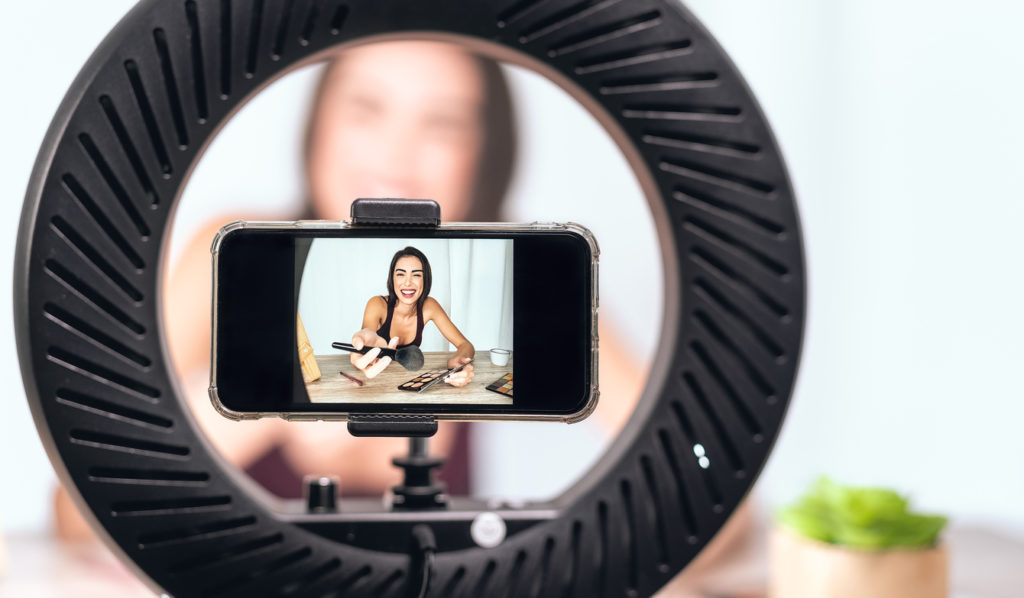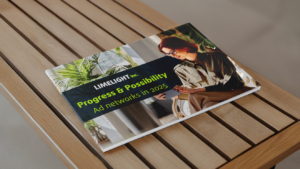With the UK General Election taking place today (4 July) new independent research by influencer agency Billion Dollar Boy has revealed how political organisations have been mobilising content creators to boost their prospects at the polls – with one in four (26%) UK creators having been approached to produce political content ahead of the forthcoming election.
The research, which canvassed the opinions of more than 4,000 consumers and 500 content creators, found this figure rises to almost two in five (37%) UK creators when exploring whether they have been approached by political organisations to produce political content during both this and previous elections – suggesting a growing interest in political organisations engaging creators during elections.
A further two fifths of UK creators (39%) haven’t yet been approached by political organisations to engage in political content but could be interested in the future.
The rise in political creator content and the willingness from creators to talk about politics in the UK comes as findings from the research reveal that more than two in five UK voters (43%) welcome creators posting political content during an election year in one form or another – whether paid or organic.
However, with a third of voters (30%) against creators posting paid or non-paid political content during an election year, any such creator partnerships will need to be carefully curated and targeted towards demographics who are more welcoming of political creator content.
Favourability towards creators posting political content during an election year rises among younger voters – up to 76% of 16-24 year olds – and among male voters – up to 51%.
- Age
- 76% of 16-24 year olds
- 68% of 25-34 year olds
- 60% of 35-44 year olds
- 44% of 45-54 year olds
- 25% of 55+ year olds
- Gender
- 51% of male voters
- 45% of female voters
The research also suggests that political creator content is most effective when it is ‘organic’ – for example, unpaid satirical content or genuine endorsements of a political party or cause. More than a third (34%) of UK voters welcome it, compared with just 21% of UK voters who welcome sponsored content partnerships.
In fact, despite encouraging a sizeable one in four UK voters (25%) to participate in an election, sponsored political creator content is actually less likely (28%) to encourage them to vote.
Whereas, ‘organic’ political creator content would encourage a third of UK voters to participate in an election (30%), far more than those who would be less persuaded to participate (19%) as a result.
Thomas Walters, Europe CEO and co-founder of Billion Dollar Boy commented: “Our research shows how political parties, think-tanks, and even the media, are adapting their comms strategies to reflect our changing media consumption and consumer behaviours as the population continues to shift away from linear channels to digital. The breadth and depth of audiences on social media is now far greater than it was in previous elections, reaching a large number of consumers of almost all demographics, increasing opportunities for political organisations to reach audiences of all ilks.
“Since the last election, user behaviour on social media platforms has also expanded beyond its traditional heartland as an entertainment hub, and has seen a rise in the consumption of news and educational content. Creators are a driving force behind this content diversification, offering political and cause based organisations, as well as brands, an opportunity to reach highly engaged and loyal audiences – driving online conversation and culture. Whilst they reach a broad segment of society, they dominate media consumption amongst younger demographics who are traditionally more difficult to engage in politics and who have never been more important in an election than now.
“It’s no wonder therefore that we’re seeing a growing interest from political and cause based organisations in exploring how they can engage with social media creators – including the Labour party appointing its first ever dedicated employee to work with influencers in what is being dubbed the UK’s ‘first TikTok election’.”
Walters continued: “Our research shows the potential effectiveness of creators for seeding positive political and cause based messages including, crucially, mobilising voters to the ballot box. However, political and cause based organisations will need to be savvy when approaching creator partnerships, with the survey results showing they are most effective among younger and male audiences.
“With trust in politics under threat, organic creator partnerships are unsurprisingly far more likely than paid partnerships to result in a positive voter outcome for political organisations. Transparency and authenticity will be crucial for running a successful creator campaign this election. If political organisations can get that right, then there is absolutely a place for an earned program engaging communities on social media.”









